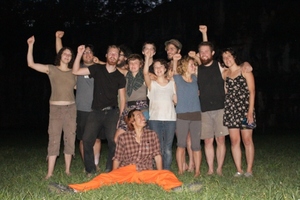
I remember thinking and talking about power in high school, reading All the King's Men. Hearing for the first time -- "Power tends to corrupt, and absolute power corrupts absolutely." Really? Does power always corrupt? I hope not - but sometimes it does. Are we helpless in the face of power that has gone bad, rotten, and rancid? I don't believe that we are.
Speak truth to power. In the 1950's, Quakers spoke these words as they advocated for international peace and alternatives to violence. Speak truth to power. That is what black people and their allies did in the Civil Rights Movement - this is wrong; we will not do this anymore; we will not tolerate this. We see it today in the actions of Pussy Riot in Russia and in the Occupy Movement across the world. We see it in all efforts to defend basic human rights to safety, security, freedom, health.
Speak truth to power. I heard these words many times this summer as I listened to young and not-so-young people put their freedom on the line to resist mountain top removal, most recently in the R.A.M.P.S. direct action at the Hobet Mine in West Virginia. Speaking truth to power requires us to search for and wield courage, to be willing to take risks.
In the last couple of weeks, here in Pittsburgh, I met with people who are trying to speak truth to power. Last week, I met Gretchen Alfonso who is trying to establish a Pittsburgh branch office for Moms Clean Air Force, a national movement lobbying for better government regulation of air quality to protect their children's rights to clean air, for the sake of their healthy development.
And in quiet, firm, and committed ways, we can counter power gone bad by building, growing, nourishing what we know to be good. Rachel Anne Parsons, a young woman from West Virginia who is the first to say that she doesn't like going out on the front lines in crowds, uses words to foster good and courage and to fight mountain top removal - beautiful words that inspire hope.
Others literally grow power. A couple of days ago, I re-visited the Hazelwood Food Forest and found a lush forest that is the fruit of careful planning and hard labor by the Pittsburgh Permaculture group - Juliet and Michele - and many volunteers - there are asian pears, apples, berries, peaches, herbs. I hadn't been there in over a year. On this visit, I got to help Bret and Don seal a bench made of cob, a mixture of straw, soil, sand, and water. Reclaiming abandoned lots in impoverished areas and growing food -- Chris Condello has also done this, done "guerilla gardening," passing along valuable life skills to children who may not even realize that food grows from the earth, is not made in a factory. Empowering ourselves and others to learn how to take care of ourselves and one another. My brother Ray does this in Louisville, KY, sharing his wisdom about farming and permaculture with his community, growing raised beds at nursing homes so that older people can continue to garden.
This is also speaking truth to power - to our own power - "I can do this. We can together do this" - and to that other power that is not always used in the interests of the common good - "We are not helpless - we are strong and will speak up to you from all fronts, with our words, our hammers and rakes and hoes, our votes, and our seeds."
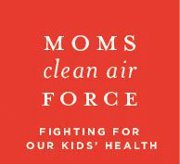
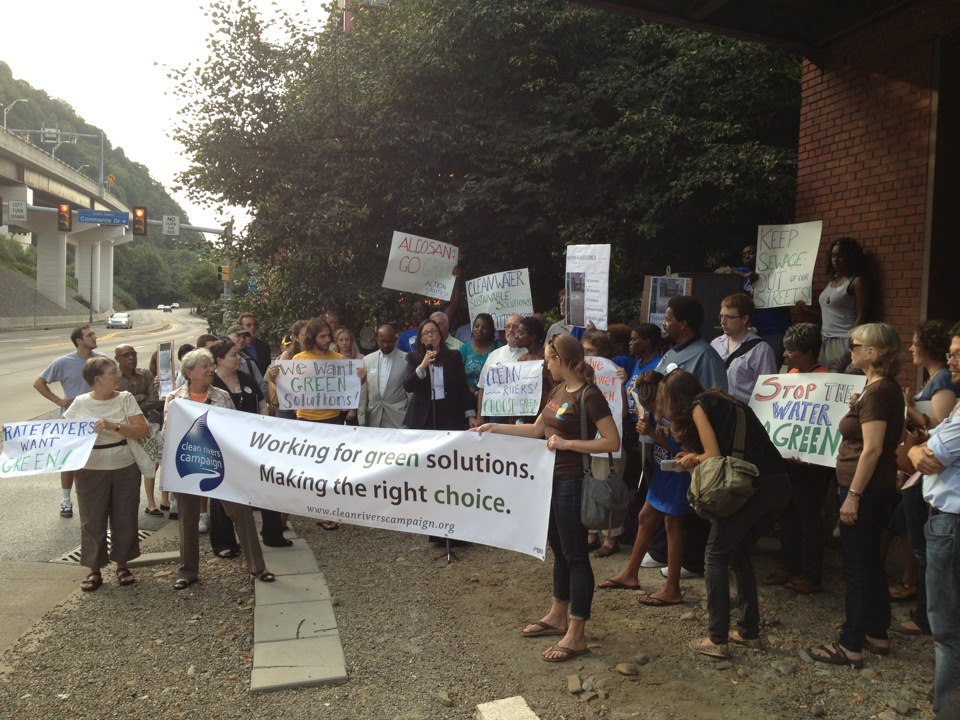
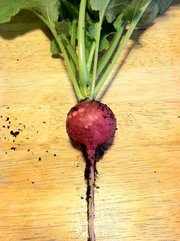
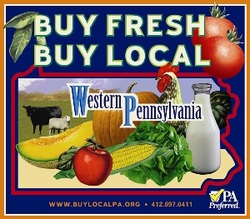
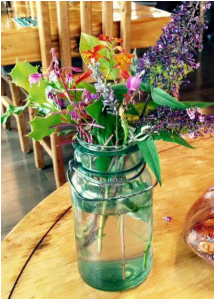

 RSS Feed
RSS Feed
